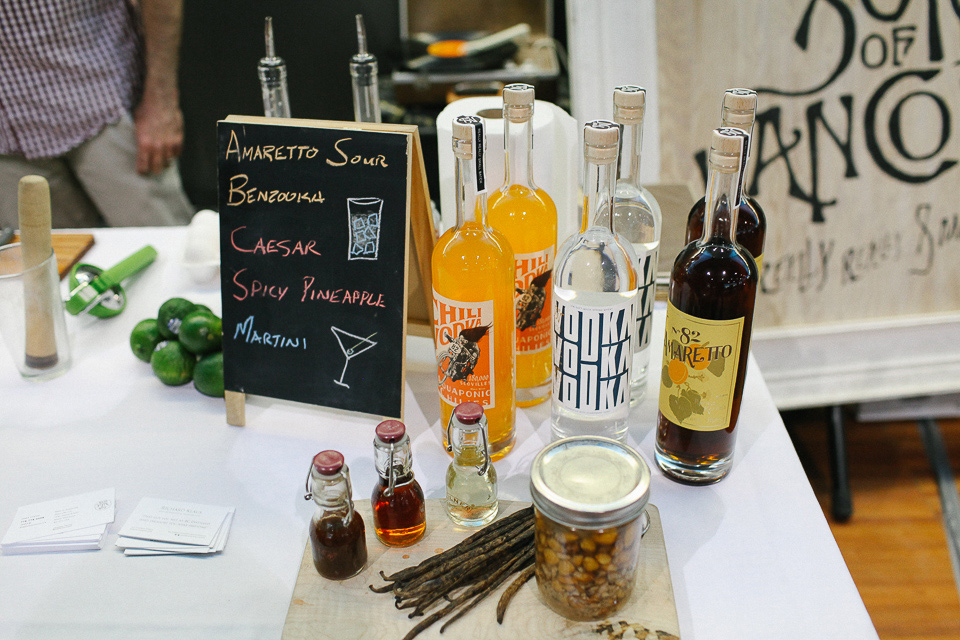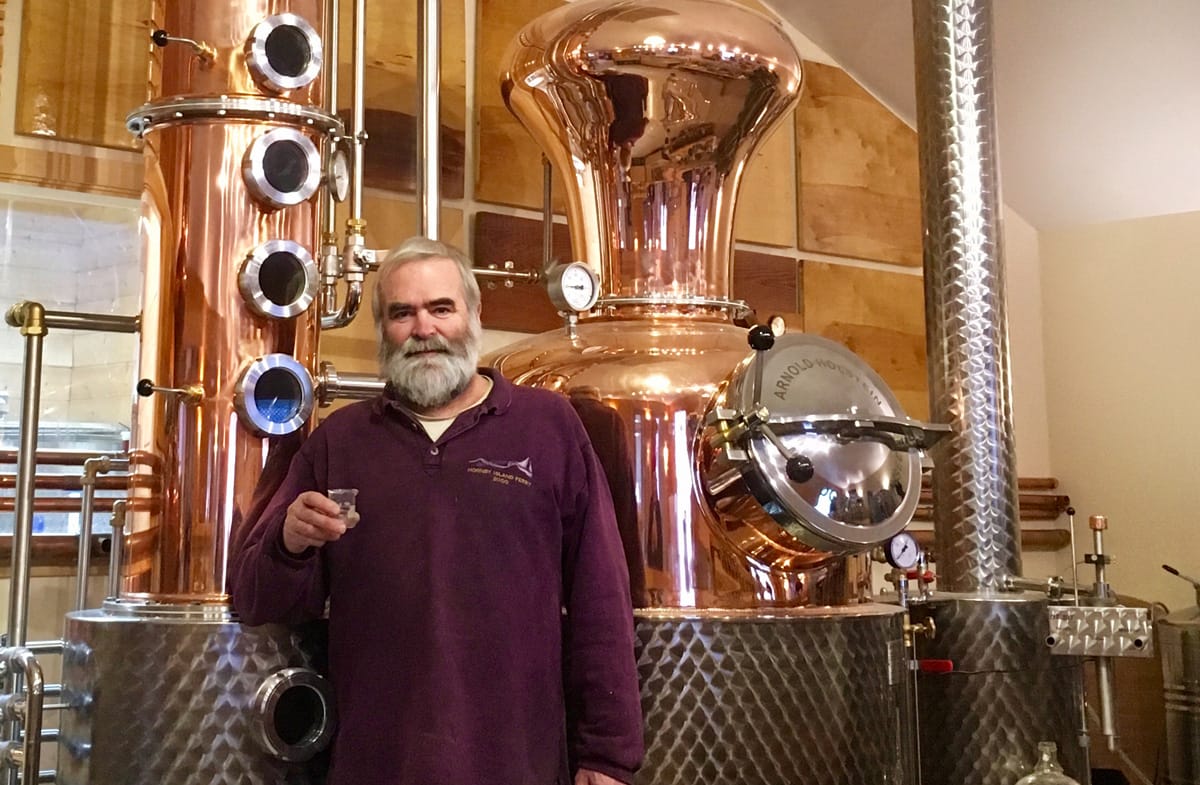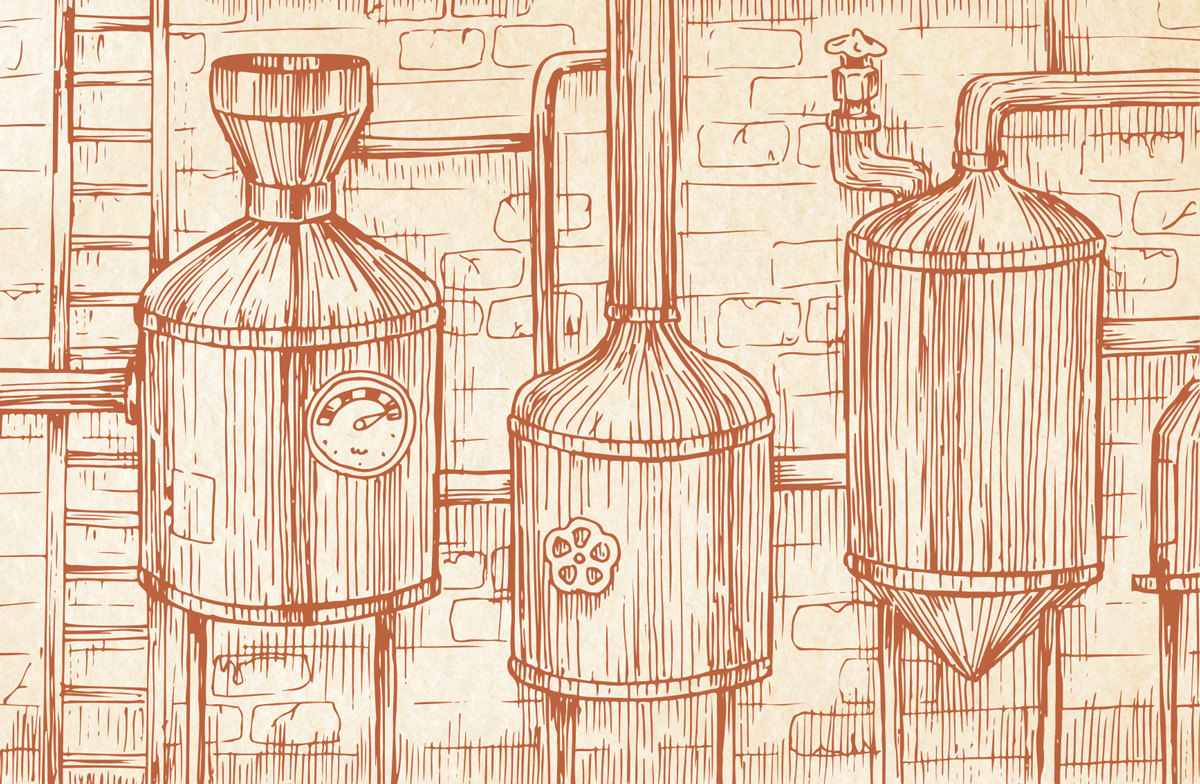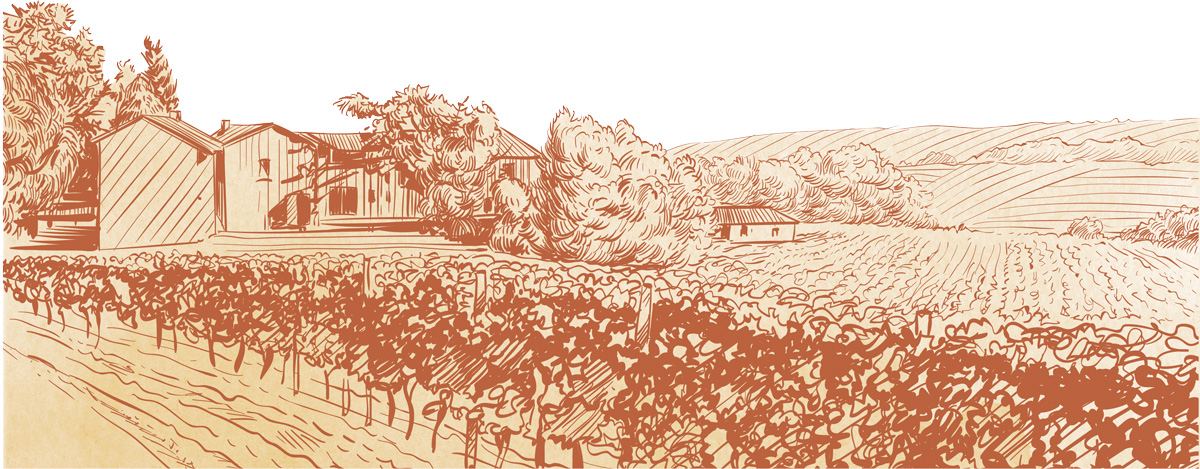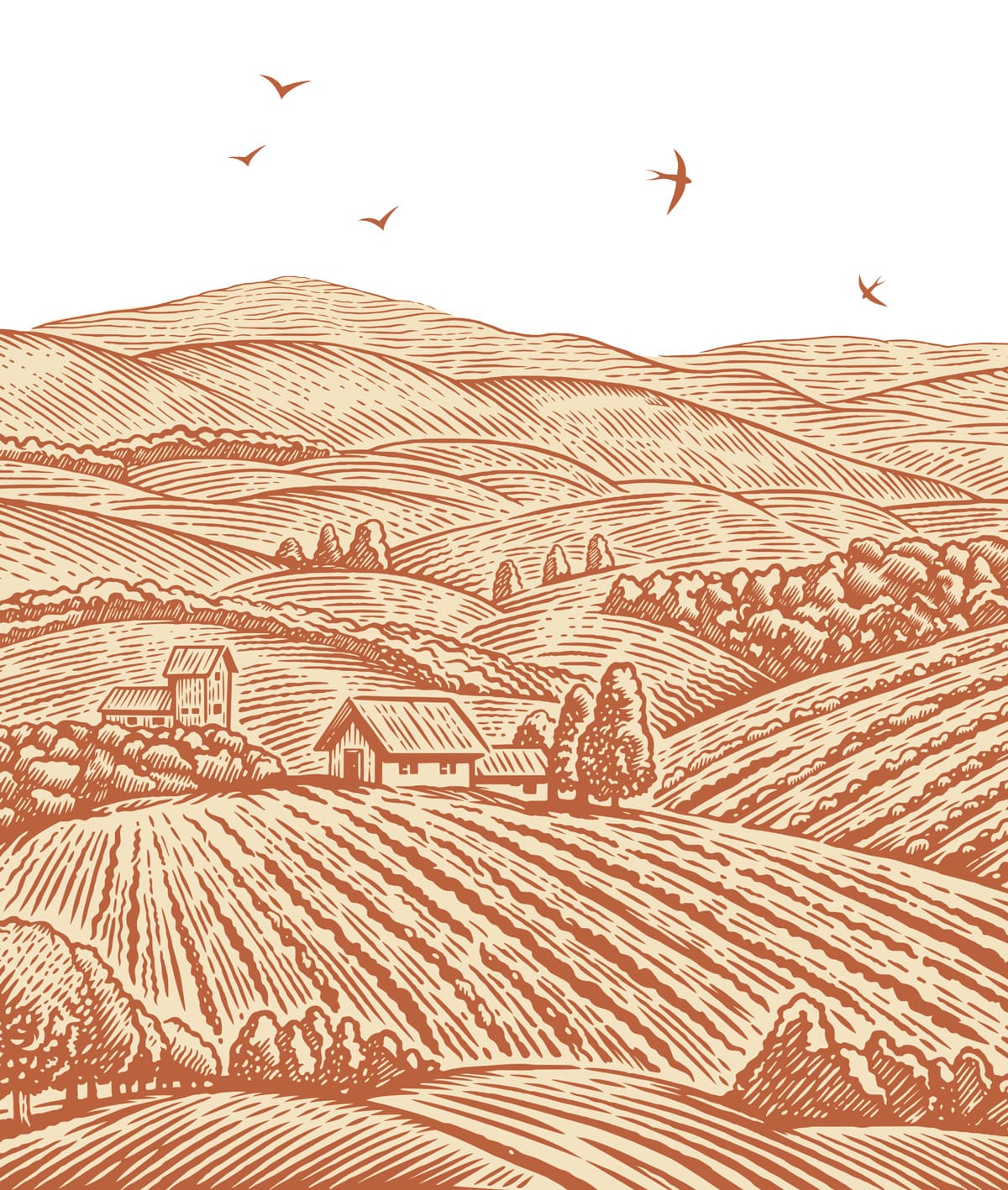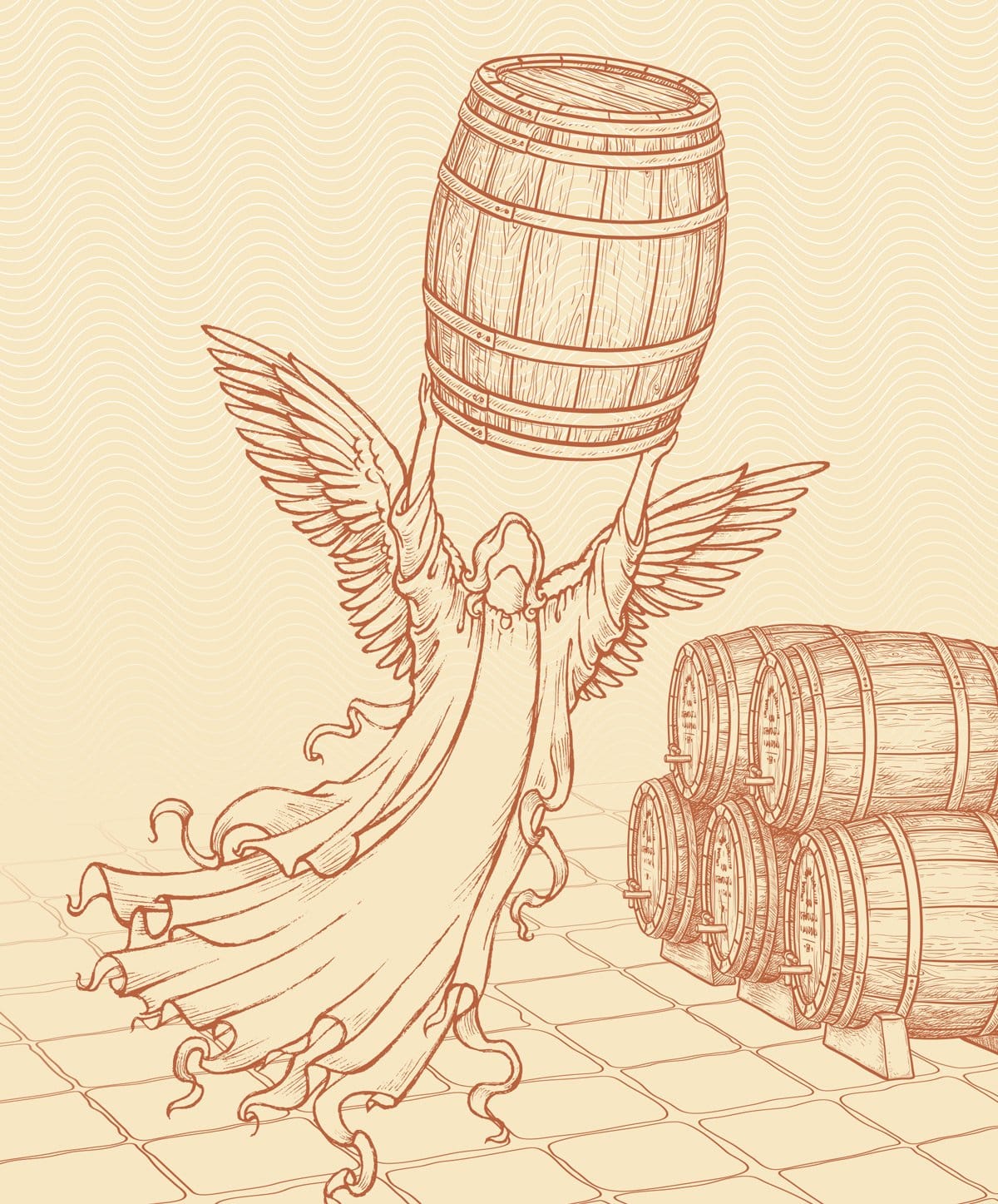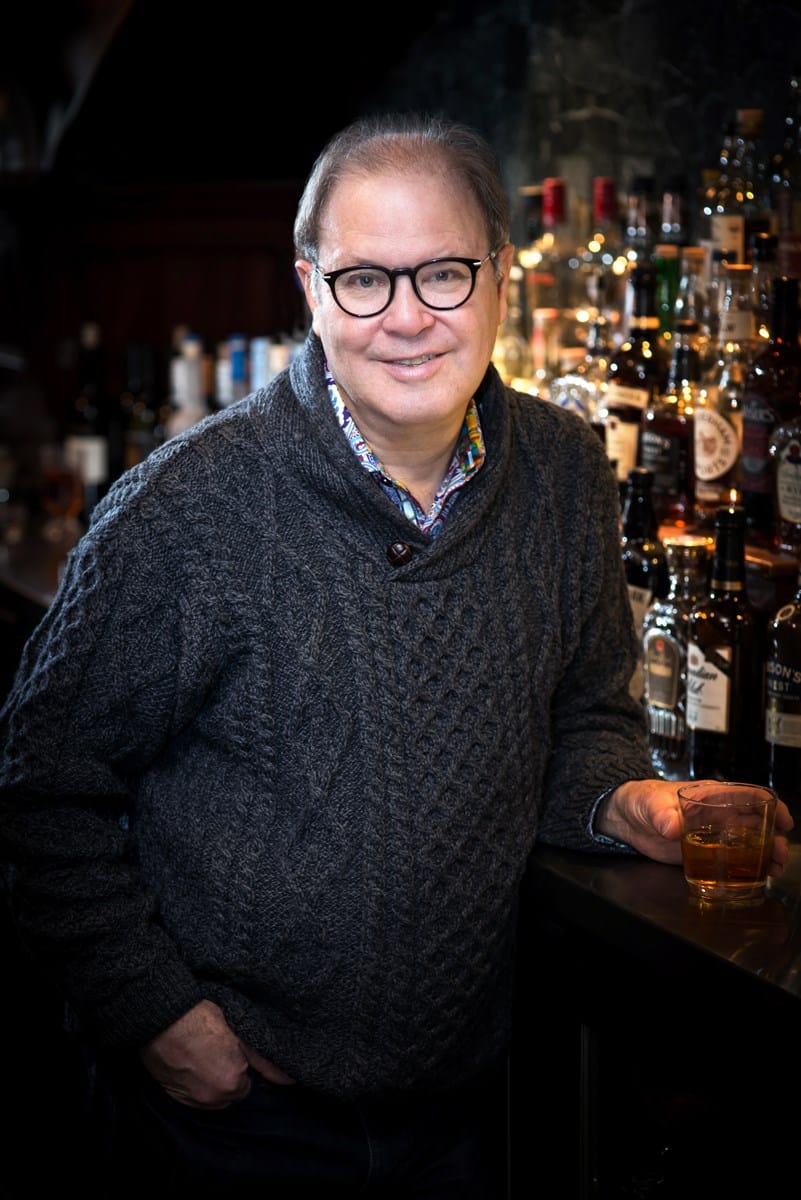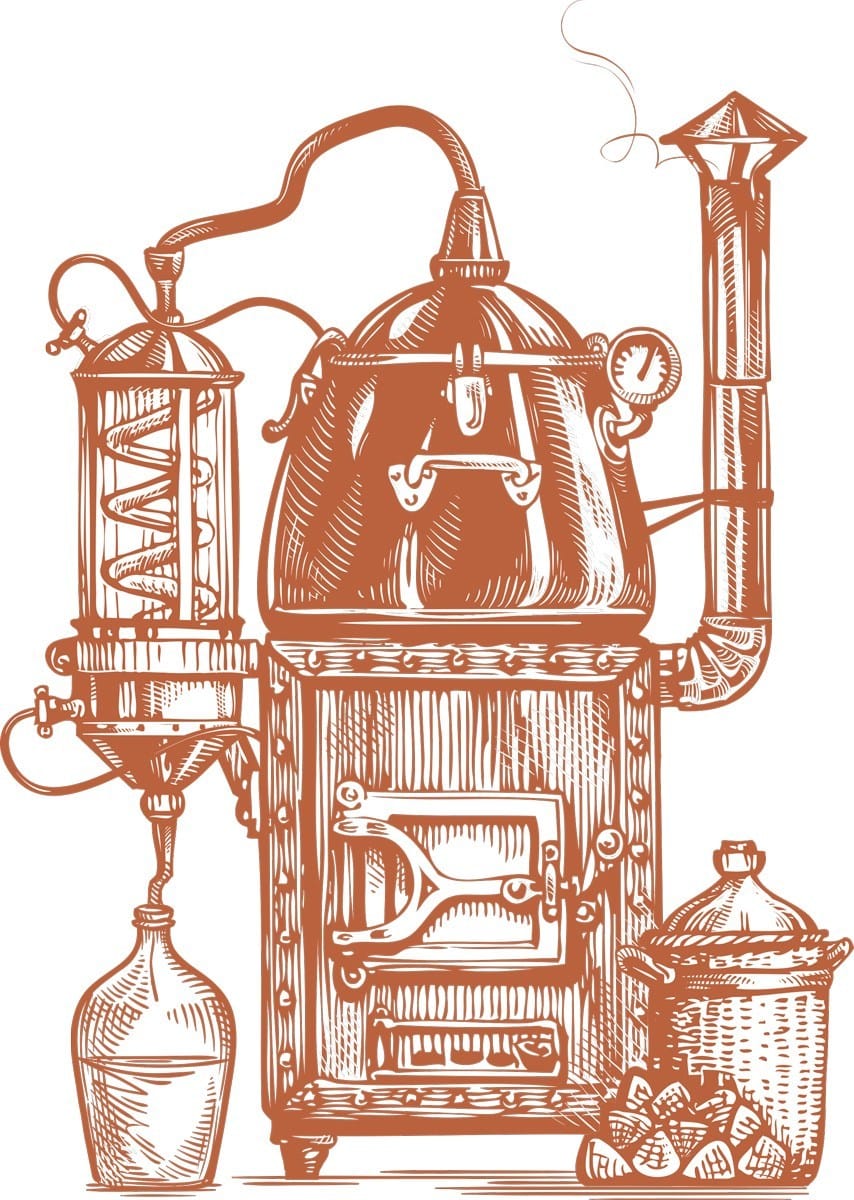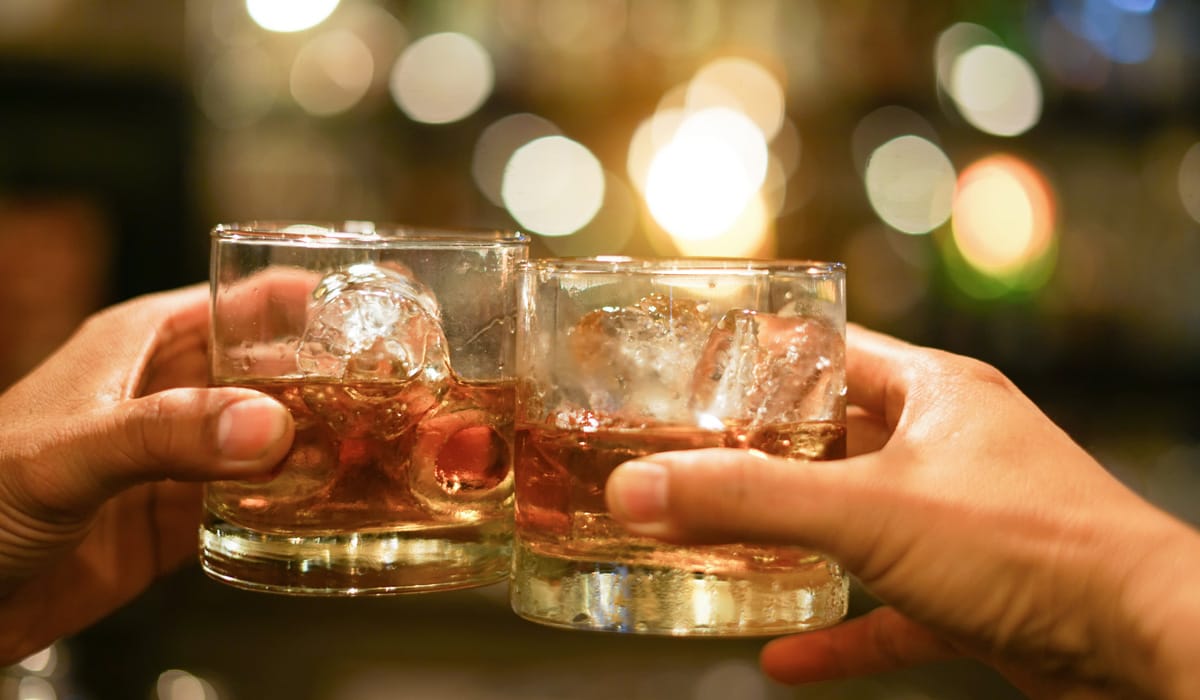
Canada’s craft distillers have had it with what they see as an unfair federal excise tax on spirits production, and they just won’t take it any more.
They have created a coalition called Lift Canada’s Spirits and have launched a petition urging the federal government to make the excise tax on small volumes more in line with that on domestic craft beer production—and, significantly, with what small U.S. distilleries pay.

